A new research paper, featured on the cover of Aging (Aging-US) Volume 17, Issue 6, was published on June 4, 2025, titled “DoliClock: a lipid-based aging clock reveals accelerated aging in neurological disorders.”
Aging (Aging-US) Authors
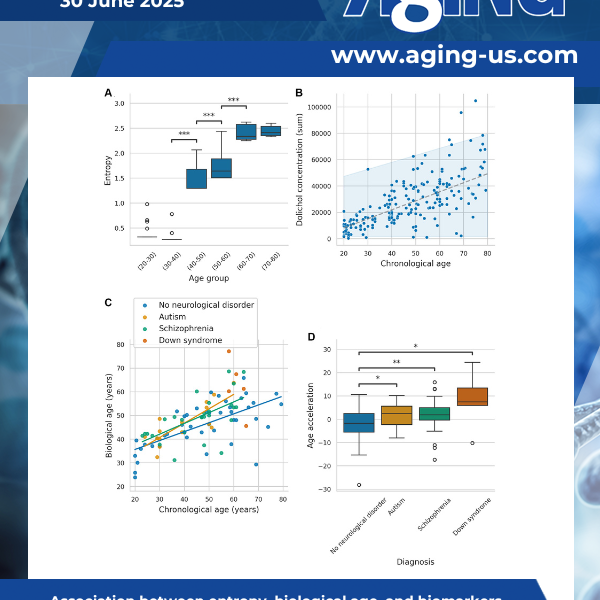
This study introduces DoliClock, a lipid-based biological aging clock designed to predict the age of the prefrontal cortex using post-mortem lipidomic data. Significant age acceleration was observed in autism, schizophrenia, and Down syndrome.
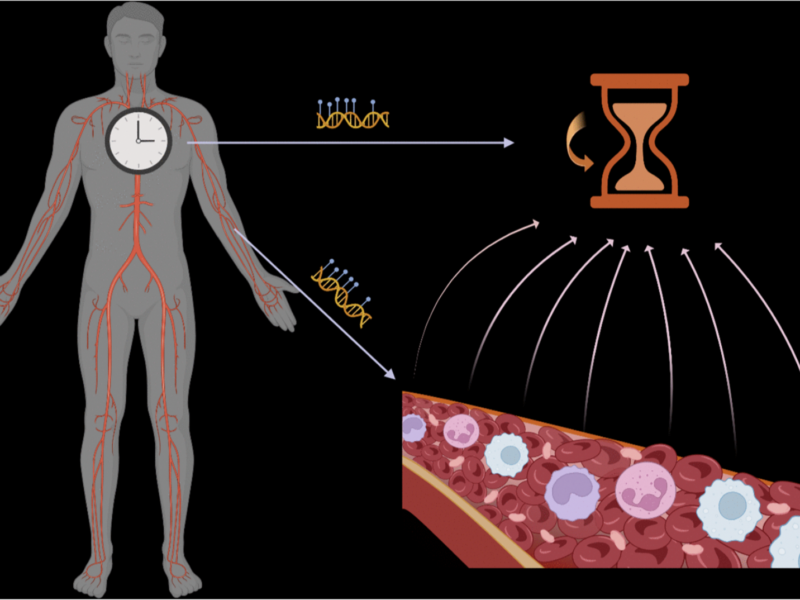
PRESS RELEASE – A new editorial was published in Aging (listed by MEDLINE/PubMed as “Aging (Albany NY)” and “Aging-US” by Web of Science), Volume 16, Issue 14 on July 17, 2024, entitled, “Recalibrate concepts of epigenetic aging clocks in human health.”
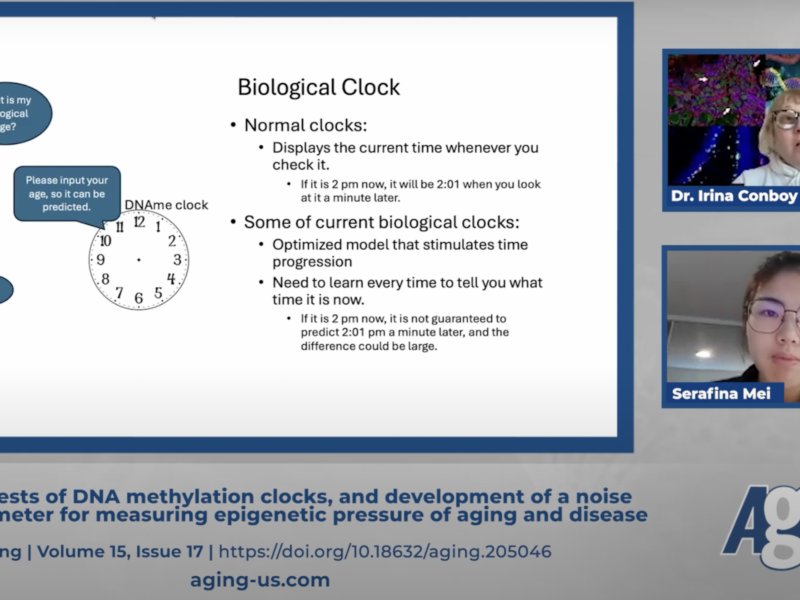
Dr. Irina Conboy and Xiaoyue (Serafina) Mei from the University of California, Berkeley, discuss a priority research paper they co-authored that was published in Volume 15, Issue 17, of Aging (Aging-US), entitled, “Fail-tests of DNA methylation clocks, and development of a noise barometer for measuring epigenetic pressure of aging and disease.”
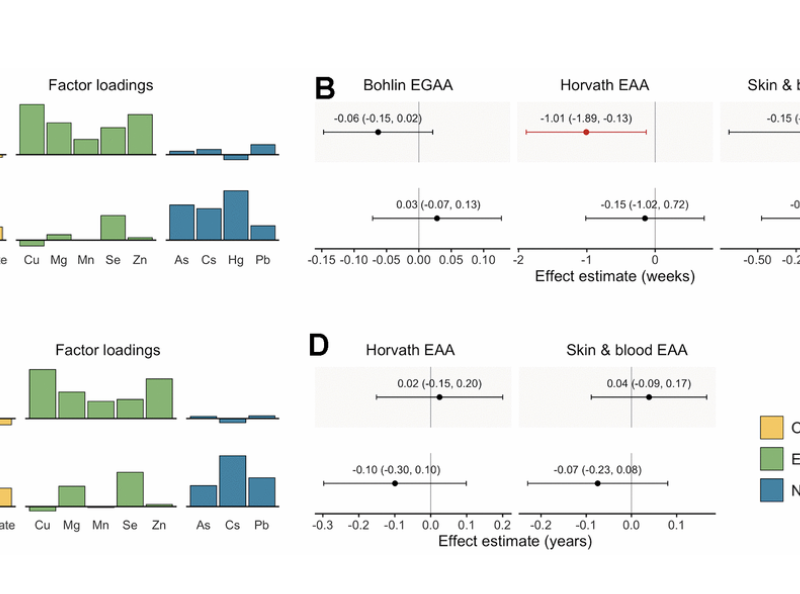
PRESS RELEASE: A new research paper was published in Aging’s Volume 16, Issue 4, entitled, “Associations of prenatal one-carbon metabolism nutrients and metals with epigenetic aging biomarkers at birth and in childhood in a US cohort.”
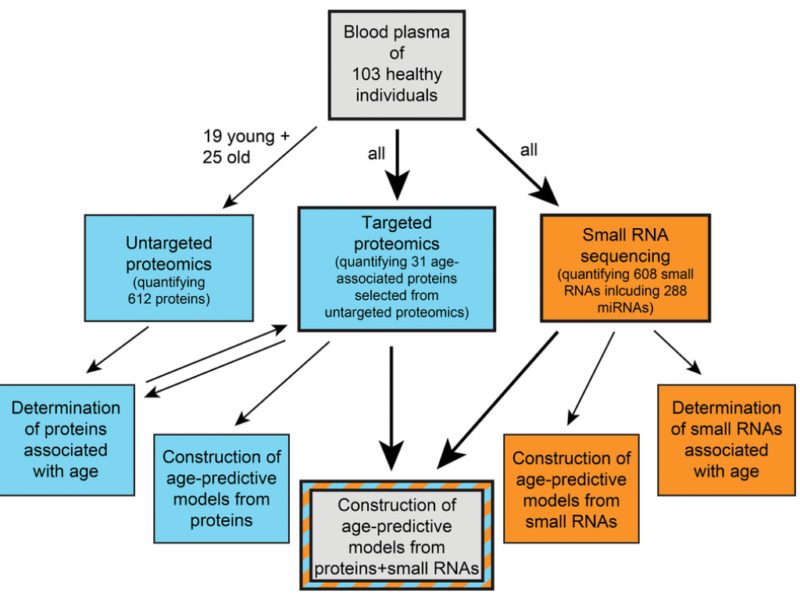
PRESS RELEASE: A new research paper was published on the cover of Aging’s Volume 15, Issue 12, entitled, “Age prediction from human blood plasma using proteomic and small RNA data: a comparative analysis.”

Fedor Galkin, Scientific Director at Deep Longevity, Inc., discusses a research paper he co-authored that was published by Aging (Aging-US) in Volume 14, Issue 18, entitled, “Psychological factors substantially contribute to biological aging: evidence from the aging rate in Chinese older adults.”